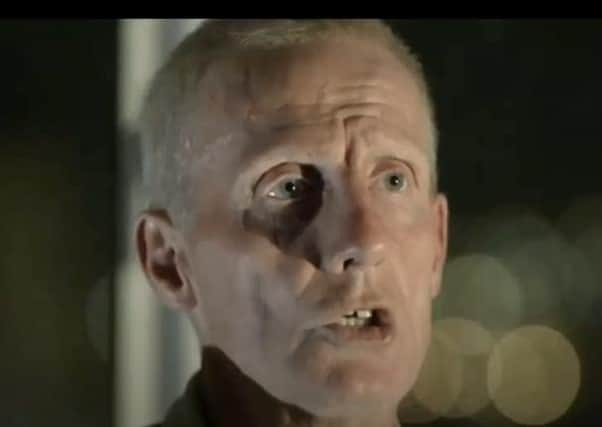RTE silent over source of funding for Glenanne killers documentary Unquiet Graves


Produced by Sean Murray – son of senior Sinn Fein strategist and former IRA member Sean ‘Spike’ Murray – the film deals with what later became known as the Glenanne series of loyalist murders in the 1970s.
‘Unquiet Graves’ gives a platform to one of five former police officers who were discovered to be carrying out sectarian attacks along with UVF terrorists.
Advertisement
Hide AdAdvertisement
Hide AdJohn Weir, who was convicted of murdering Ahoghill man William Strathearn in 1977, makes a number of claims, including that British Intelligence encouraged the UVF to carry out mass murder at a Catholic primary school.
The decision by RTE to broadcast the film, without input from any former police officers, prompted two of the detectives involved in bringing those rogue officers to justice to speak out for the first time.
Earlier this month, the News Letter reported how a team of senior investigators was assembled when enough evidence had been gathered to arrest the police officers suspected of involvement.
One of the former detectives described it as “the biggest interviewing team ever put together by the RUC”. The subsequent interrogations led to five officers facing charges up to and including murder.
Advertisement
Hide AdAdvertisement
Hide AdThe Sunday Independent newspaper has now raised further questions around the source of the funding for the film’s production costs which have been estimated at £300,000.
With only £5,000 known to have been put up by NI Screen, columnist Eoghan Harris posed the question: “Where did the remaining roughly £295,000 come from?”
Harris also asked why RTE “did not query ... another contributor, Paul O’Connor, the director of the Pat Finucane Centre”. Last year, Mr O’Connor admitted to having been a member of the IRA during the early days of the Troubles.
Confirming that the film was awarded £5,000 towards its production from Lottery funds, NI Screen said they were “aware of the extremely challenging subject matter but must in all circumstances apply its standard consideration criteria consistently”.
Advertisement
Hide AdAdvertisement
Hide AdRTE has been asked if it knew the identities of the film’s financial backers prior to broadcast, and if it was aware that no credits for financial assistance are listed other than for NI Screen. The broadcaster has declined to comment.
Sean Murray has described the film as “privately funded,” and said that “no political party made any contribution to the film”.
He has also described the £300,000 estimate as “wholly inaccurate,” and added: “The film was a socially committed project and most of the crew who assisted in the making of the film done so on a voluntary basis, including myself.”
Advertisement
Hide AdAdvertisement
Hide AdA message from the Editor:
Thank you for reading this story on our website. While I have your attention, I also have an important request to make of you.
With the coronavirus lockdown having a major impact on many of our advertisers — and consequently the revenue we receive — we are more reliant than ever on you taking out a digital subscription.
Subscribe to newsletter.co.uk and enjoy unlimited access to the best Northern Ireland and UK news and information online and on our app. With a digital subscription, you can read more than 5 articles, see fewer ads, enjoy faster load times, and get access to exclusive newsletters and content. Visit https://www.newsletter.co.uk/subscriptions now to sign up.
Advertisement
Hide AdAdvertisement
Hide AdOur journalism costs money and we rely on advertising, print and digital revenues to help to support them. By supporting us, we are able to support you in providing trusted, fact-checked content for this website.
Alistair Bushe
Editor